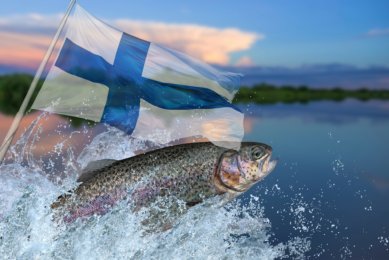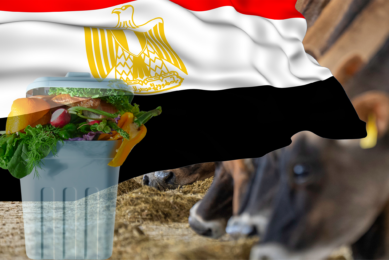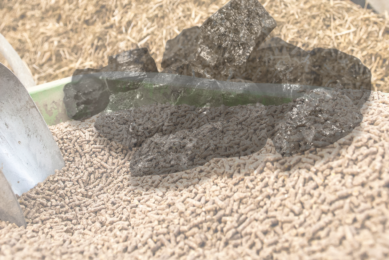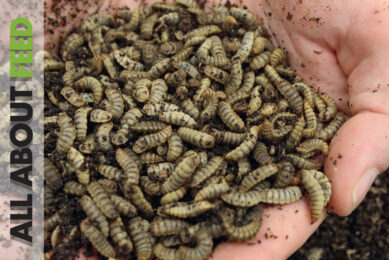Hungarian feed industry welcomes Agroloop insect plant
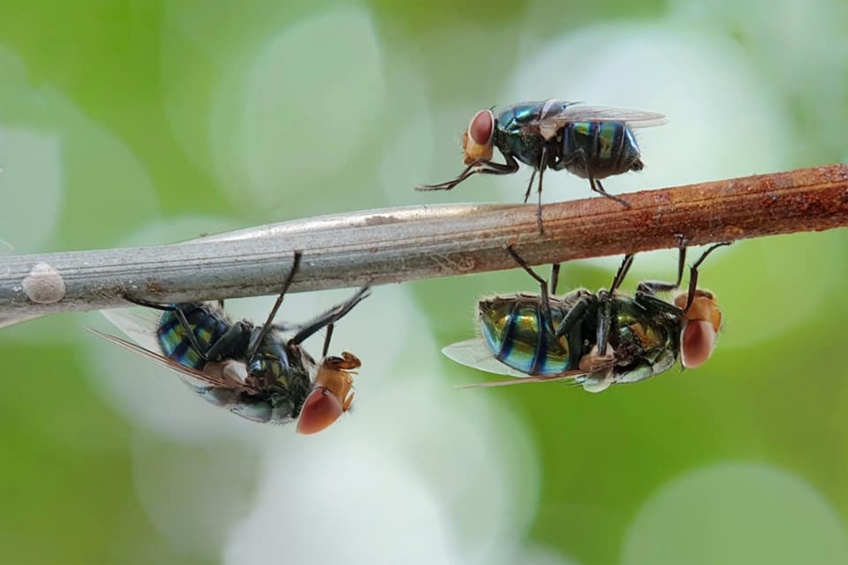
Insect protein from the Agroloop Hungary Kft plant has been entirely booked for the next 5 years, securing a high capacity utilisation ratio for the facility, the company revealed during an inauguration ceremony on December 12.
Agroloop is the first large-capacity insect protein plant in Hungary. With an investment of €30 million, it is designed to primarily produce feedstuff.
According to the company, the 13,000-square-meter automated plant located in the Aerozone Park will collect 120 tonnes of food industry by-products per day from nearby communities to feed the larvae.
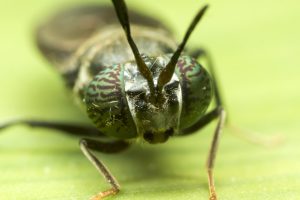
During “peak season,” 1.8 billion larvae will live in about 36,000 crates. The processing technology involves cleaning and drying, followed by pressing to separate the dry matter from the oil. The dry part becomes a chip-like material, ground into flour at the end of the process. The flour and oil will be used as feed ingredients.
The plant will produce 250 tons of high-quality protein meal, 50 tons of feed fat and 900 tons of organic fertiliser per month from 150 million larvae per day.
A modern air washing system has been installed in the factory, which employs 35 people, ensuring no unpleasant odours escape from the plant.
Lowering reliance on imported soy
Europe cannot produce enough feed necessary for meat production, so those plants that produce animal feed protein from food industry by-products will play a vital role in the industry’s development in the future, János Áder, former Hungarian President, said during the ceremony.
The new plant will allow Hungary to lower its reliance on imported soybeans, Rajmond Percze, CEO of Agroloop Hungary Kft, said during the ceremony.
From protein to fertiliser
“The new plant produces feed from insect protein, and they even utilise insect excrement, which will be turned into soil-improving granules,” Áder said.
The former President called to enhance the insect protein industry growth to keep up with rising demand in the global food market.
“By 2050, 2 billion more people will live on earth than now, meaning 2 billion more hungry mouths,” he said.
Challenges for grain production in 2025
“Trends show that 2050 grain production will be either impossible or significantly more difficult in 50% of grain-growing areas due to water shortages. However, demand for meat will increase by 1.5 to 2 times, which will require feed of the appropriate quality and quantity,” Áder said.




